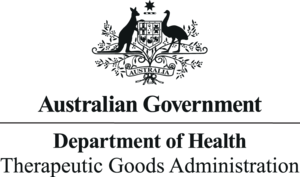Industry awaits TGA clarification to understand impacts of new influencer rules
The Australian influencer industry this week scrambled to make sense of the new Therapeutic Goods Administration (TGA) Advertising Code, and what this would mean for the future of influencer marketing in the wellness space.
Earlier this week, AIMCO clarified misinformation regarding the code’s new rules for influencer marketing, stating that the influencers would still be able to provide paid and gifted promotions of TGA regulated goods, so long as they did not speak on their own experience with the product. The industry body said that the greatest challenge for influencers and marketers would understanding the difference between an endorsement and a testimonial.


